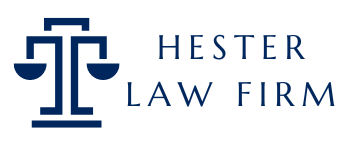The Difference Between Chapter 13 and Chapter 7 Bankruptcy
The Difference Between Chapter 13 and Chapter 7 Bankruptcy
Bankruptcy provides individuals and businesses a way to address financial struggles and debts that seem insurmountable. For those in Baton Rouge, LA, facing overwhelming financial burdens, understanding the options available can help make an informed decision. Two of the most common types of bankruptcy are Chapter 13 and Chapter 7. Each option serves a different purpose and can offer different benefits depending on your specific situation.
In this blog post, we’ll explore the key differences between Chapter 13 and Chapter 7 bankruptcy, helping you determine which may be a better fit for your financial recovery plan.
Chapter 7 Bankruptcy: Liquidation for Debt Relief
Chapter 7 bankruptcy, often referred to as liquidation bankruptcy, is the most common form of bankruptcy for individuals who do not have the means to repay their debts. Under this process, the court may liquidate non-exempt assets to pay creditors. However, many people filing for Chapter 7 bankruptcy do not own significant assets, meaning they may not lose anything in the process.
The goal of Chapter 7 is to give individuals a fresh start by discharging most unsecured debts like credit cards, medical bills, and personal loans. While this option provides quick relief, it may not be suitable for everyone, especially those with significant assets or regular income.
Chapter 13 Bankruptcy: A Repayment Plan Over Time
Unlike Chapter 7, Chapter 13 bankruptcy allows individuals to keep their property while reorganizing their debts through a structured repayment plan. This type of bankruptcy is ideal for people with a steady income who are able to repay some or all of their debts but need help to do so over time.
With Chapter 13, you work with the court to create a repayment plan that typically spans three to five years. At the end of the plan, any remaining qualifying unsecured debts may be discharged. This option provides more flexibility and allows individuals to avoid losing assets such as homes or cars, which is a concern with Chapter 7.
Key Differences: Chapter 7 vs. Chapter 13
Eligibility Requirements:
To file for Chapter 7, individuals must pass a means test that evaluates their income and expenses. Those who have income above the state median or can afford to repay a portion of their debts may not qualify for Chapter 7. On the other hand, Chapter 13 is available to individuals with regular income, regardless of their ability to pass the means test.
Impact on Assets:
In Chapter 7, non-exempt assets are liquidated to pay creditors. However, most filers do not have to surrender any property, as it falls under exemptions. Chapter 13 allows individuals to retain their property as long as they stick to the repayment plan.
Length of Time:
Chapter 7 bankruptcy typically takes a few months to complete, with most debtors receiving a discharge of debts within 3 to 6 months. Chapter 13 can last several years, with the repayment plan lasting between 3 to 5 years before debts are resolved.
Debt Discharge and Repayment:
In Chapter 7, most unsecured debts are discharged without the need for repayment. Chapter 13, on the other hand, requires repayment of some or all debts, depending on your income and expenses. However, Chapter 13 can also discharge certain debts at the end of the repayment period, particularly unsecured debts like medical bills and credit card balances.
Which Bankruptcy Option Is Right for You?
Choosing between Chapter 7 and Chapter 13 bankruptcy depends on your financial situation, assets, and long-term goals. If you have little to no assets and are struggling with overwhelming debt, Chapter 7 may provide a quicker solution. However, if you have a steady income and want to keep your property, Chapter 13 could be the better choice.
Both Chapter 13 and Chapter 7 bankruptcy offer solutions to individuals facing serious financial challenges. While the process and outcomes may differ, both options provide a way for individuals in Baton Rouge, LA, to regain control of their finances and start anew. If you’re unsure which option best suits your needs, consulting with a bankruptcy attorney can help you make the right choice based on your specific circumstances.










